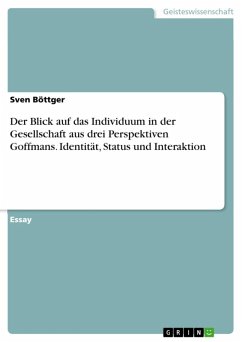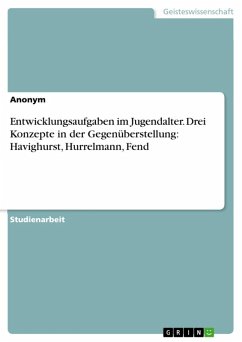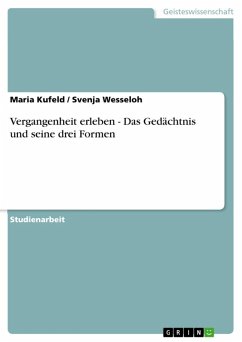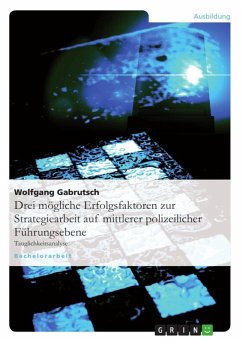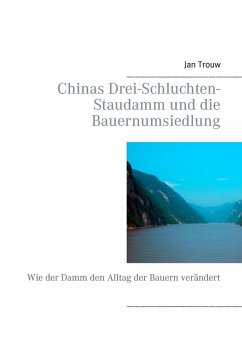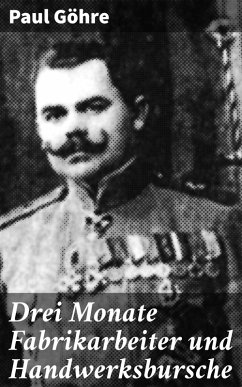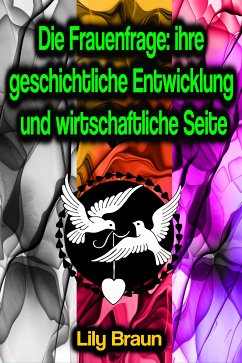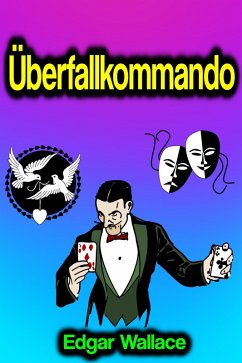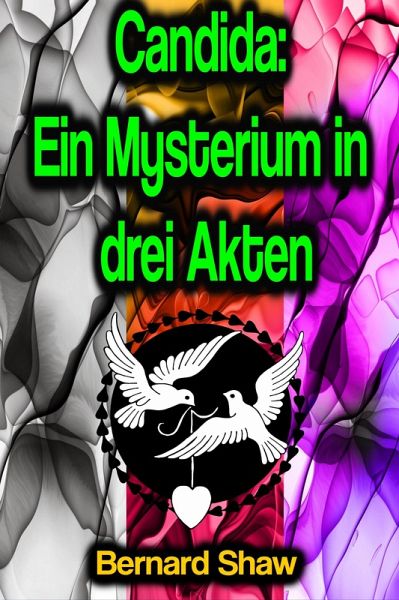
Candida: Ein Mysterium in drei Akten (eBook, ePUB)

PAYBACK Punkte
0 °P sammeln!
Candida: Ein Mysterium in drei Akten Bernard Shaw - Candida, eine Komödie des Dramatikers George Bernard Shaw, wurde 1894 geschrieben und erstmals 1898 als Teil seiner Plays Pleasant veröffentlicht. Die Hauptfiguren sind der Geistliche James Morell, seine Frau Candida und ein junger Dichter, Eugene Marchbanks, der versucht, Candidas Zuneigung zu gewinnen. Das Stück hinterfragt viktorianische Vorstellungen von Liebe und Ehe und fragt, was sich eine Frau wirklich von ihrem Mann wünscht. Der Kleriker ist Christsozialist, was Shaw selbst ein Fabian Socialist erlaubt, politische Themen, die zu ...
Candida: Ein Mysterium in drei Akten Bernard Shaw - Candida, eine Komödie des Dramatikers George Bernard Shaw, wurde 1894 geschrieben und erstmals 1898 als Teil seiner Plays Pleasant veröffentlicht. Die Hauptfiguren sind der Geistliche James Morell, seine Frau Candida und ein junger Dichter, Eugene Marchbanks, der versucht, Candidas Zuneigung zu gewinnen. Das Stück hinterfragt viktorianische Vorstellungen von Liebe und Ehe und fragt, was sich eine Frau wirklich von ihrem Mann wünscht. Der Kleriker ist Christsozialist, was Shaw selbst ein Fabian Socialist erlaubt, politische Themen, die zu dieser Zeit aktuell waren, in die Geschichte einzubinden. Shaw versuchte in den 1890er Jahren, eine Londoner Inszenierung des Stücks aufzuführen, scheiterte jedoch, aber es gab zwei kleine Provinzproduktionen. Ende 1903 hatte der Schauspieler Arnold Daly jedoch einen so großen Erfolg mit dem Stück, dass Shaw 1904 schrieb, dass New York "einen Ausbruch von Candidamania" erlebte. Das Royal Court Theatre in London führte das Stück 1904 in sechs Matineen auf. Das gleiche Theater inszenierte von 1904 bis 1907 mehrere andere Stücke von Shaw, darunter weitere Wiederaufnahmen von Candida.
Dieser Download kann aus rechtlichen Gründen nur mit Rechnungsadresse in A, B, BG, CY, CZ, D, DK, EW, E, FIN, F, GR, H, IRL, I, LT, L, LR, M, NL, PL, P, R, S, SLO, SK ausgeliefert werden.




